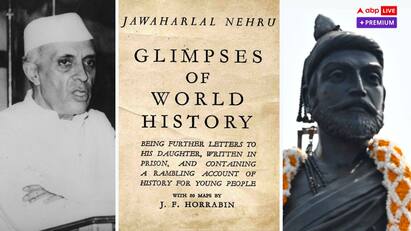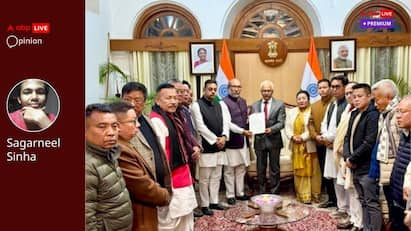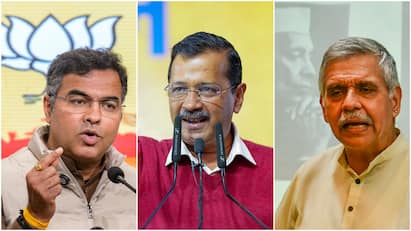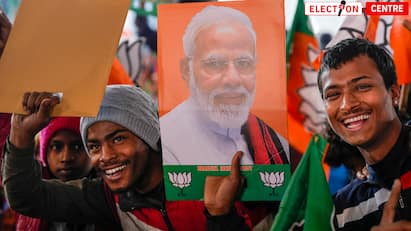Junagadh History: How The Last Nawab's Move To Join Pakistan Poorly Backfired In 1947

Junagadh Nawab Mahabat Khan III and Shah Nawaz Bhutto (right).
Source : X/@GujaratHistory
Junagadh Nawab Mahabat Khan III's decision to accede to Pakistan in 1947 was influenced by Diwan Shah Nawaz Bhutto's political ambitions, and his own preoccupation with leisure rather than governance.
Junagadh History: The story of Junagadh's accession is a fascinating, yet often overlooked chapter in Indian history. It’s a tale of intrigue, political manoeuvering, and the consequences of a Nawab’s love for leisure over statecraft. While the broader narrative of India’s partition focuses on the dramatic and bloody events in Punjab and Bengal, Junagadh’s decision to first go with Pakistan and then its accession to India remain a historical curiosity. In May 1947, as
Follow States News on ABP Live for more latest stories and trending topics. Watch breaking news and top headlines online on ABP News LIVE TV










